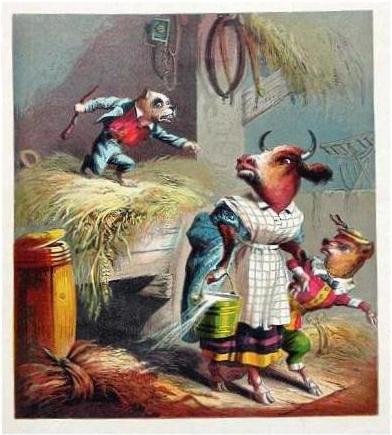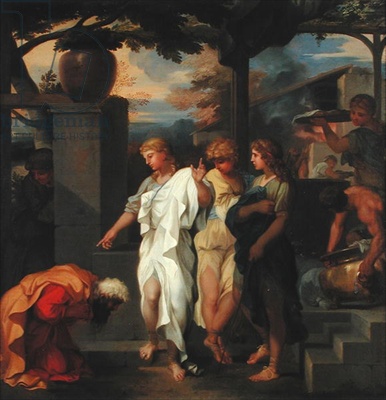Reading the entire chapter I think is more satisfying for Easter than just hearing the first twelve verses which is the traditional lectionary reading for Luke.
The later verses are prescribed for Easter evening but most pastors (& laity) are worn out from all the Holy Week services to have a Sunday evening worship service.
But as we read them here, we complete the picture of Easter. From the empty tomb, to the encounter on the road to Emmaus in the breaking of the bread, to the appearance to the eleven remaining disciples, to the ascension, we see the whole story as Luke paints it.
 |
| The Three Marys at the Tomb Resurrection Morning by Henry Ossawa Tanner, 1910 |
Each of these stories speaks to us as people of faith. There are time when our experience of Jesus is more like the empty tomb - we are able to observe where the risen Christ has been. We see evidence of his presence and we wonder with awe at what has happened.
There are other times when we have the experience of the living God within the sacrament of Holy Communion or at worship and we see Christ in the breaking of the bread.
There are other times when we experience the call of Christ on our lives to go out and be a witness: to share truth in love with our neighbors.
However you experience the risen Christ, I pray that your faith will be strengthened. As we've read through these devotions over these past forty days, we've seen a portrait of our Lord that is unique to Luke. May the living Christ grow stronger in you that you might more often shine God's light into the hearts and lives of those who are hurting, lost and lonely. As you do this and witness lives transformed, you too may be overwhelmed with joy!





_-_James_Tissot.jpg)







.jpg)

.jpg)








_-_WGA13358.jpg)